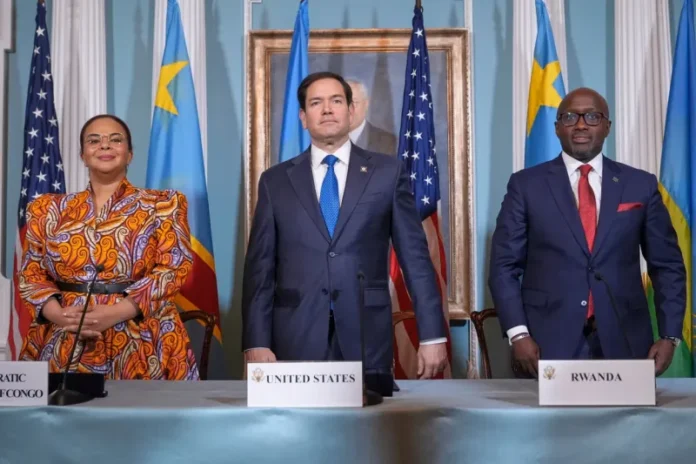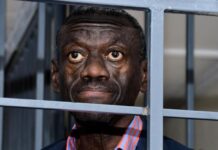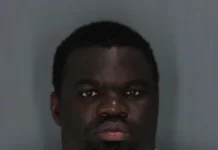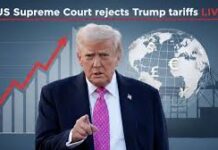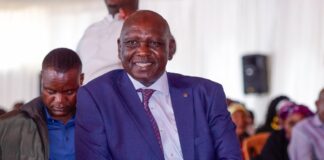Washington, D.C. — Rwanda and the Democratic Republic of Congo (DRC) have signed a long-awaited peace agreement in Washington, aiming to end decades of bloody conflict between the two neighbours — and opening the door for potential US access to critical mineral resources.
The deal, signed at the US State Department by the foreign ministers of both countries, calls for the “disengagement, disarmament, and conditional integration” of armed groups operating in eastern DRC, a region plagued by violence and instability.
Though the agreement’s finer details remain unclear — and scepticism lingers due to the failure of previous peace efforts — US President Donald Trump hailed the signing as a historic breakthrough.
“Today, the violence and destruction come to an end, and the entire region begins a new chapter of hope and opportunity,” Trump declared at the White House alongside Vice-President JD Vance, Secretary of State Marco Rubio, and African delegates.
The deal follows months of escalating conflict after M23 rebels seized key areas of eastern DRC, including the cities of Goma and Bukavu, and strategic airports. Thousands have been killed and hundreds of thousands displaced in the latest wave of violence.
Amid mounting insecurity, Kinshasa reportedly turned to Washington for assistance, offering access to eastern Congo’s vast mineral reserves — including coltan, a critical resource for global electronics — in exchange for security guarantees.
Rwanda denies backing the M23, despite widespread evidence to the contrary, insisting its forces are present in eastern Congo purely for defensive purposes against groups like the FDLR, a militia linked to perpetrators of the 1994 Rwandan genocide.
Rwanda, in turn, accuses the DRC of supporting the FDLR, a claim Kinshasa denies.
A US-backed diplomatic push, supported by Qatar, set the stage for Friday’s deal. Qatari envoys helped broker dialogue between Congolese President Félix Tshisekedi and his Rwandan counterpart Paul Kagame, leading to the formation of a joint committee under US supervision.
While Kinshasa insists the agreement includes provisions for the withdrawal of Rwandan troops, Kigali has vehemently rejected this claim.
“The words ‘Rwanda Defence Force’, ‘Rwandan troops’, or ‘withdrawal’ are nowhere in the document,”Rwandan Foreign Minister Olivier Nduhungirehe stated, condemning leaks of the draft agreement and accusing other parties of breaching confidentiality.
Tshisekedi’s office maintains that the term “disengagement” in the deal effectively signals a Rwandan withdrawal, though the language remains deliberately ambiguous.
The peace agreement also mentions respect for territorial integrity, the return of refugees, and disarmament of armed groups — but key questions remain unanswered:
- Will the M23 rebels vacate occupied areas?
- Does “disengagement” guarantee the withdrawal of Rwandan troops?
- Who will disarm the FDLR after previous failed attempts?
- Will humanitarian access be restored to rebel-held airports?
Rwandan officials have stressed that any lifting of their military presence depends on the “neutralisation” of the FDLR.
Observers warn that history offers little optimism. The M23 itself emerged from a failed peace deal signed 16 years ago, and past mediation efforts — including by Angola — have collapsed due to lack of commitment from both sides.
Despite these doubts, Congolese officials are framing the latest deal as a major diplomatic win for President Tshisekedi, while the US eyes both geopolitical influence and lucrative mineral partnerships in a region long marred by conflict.
By Were Kelly









